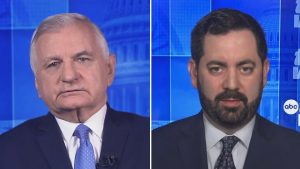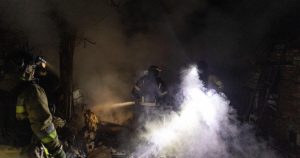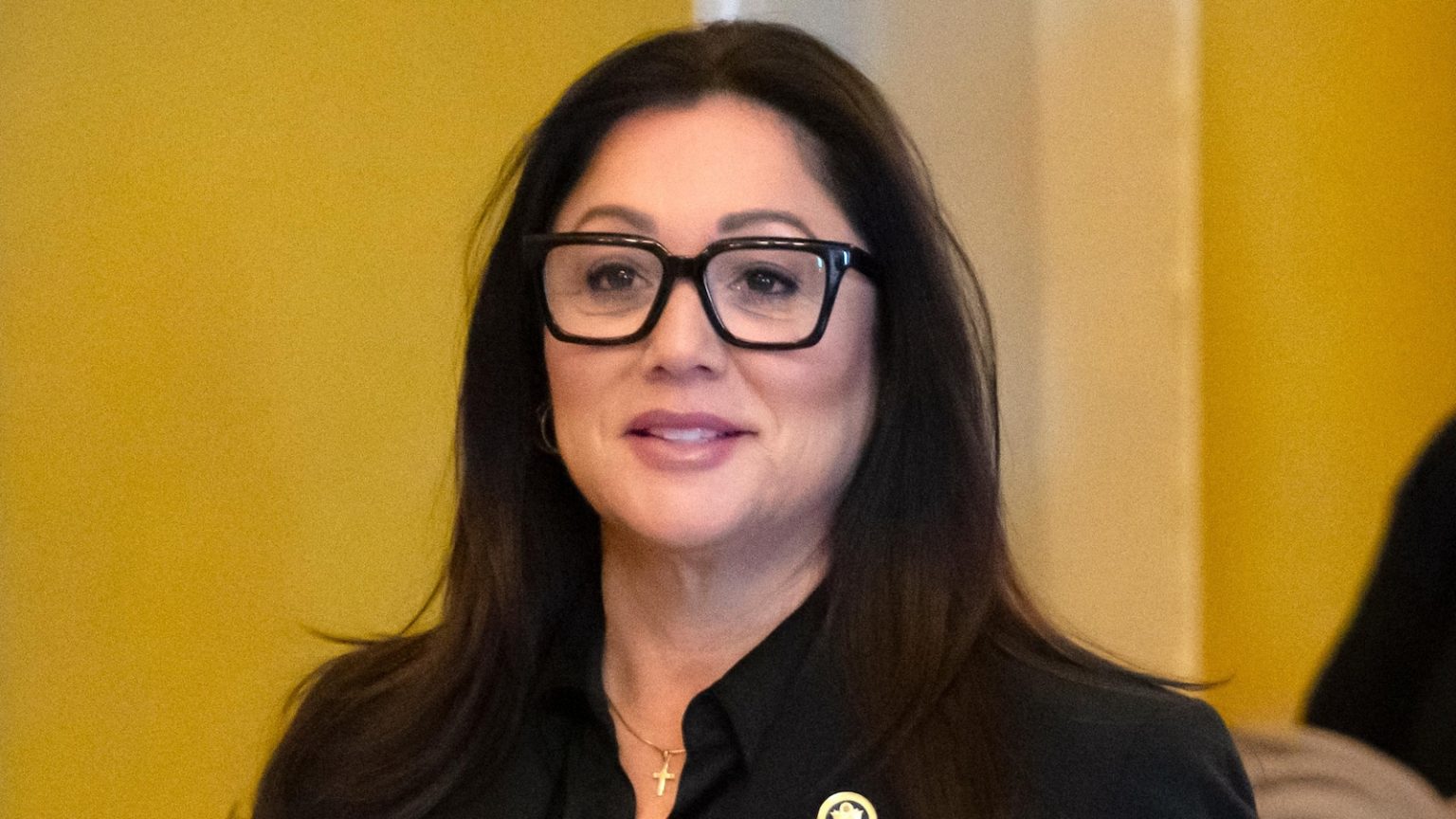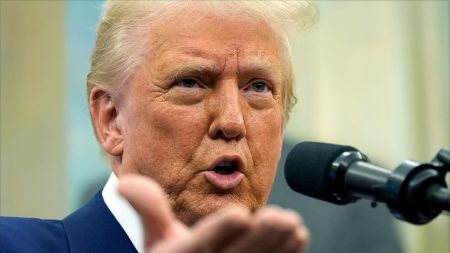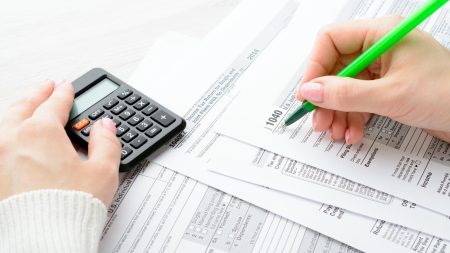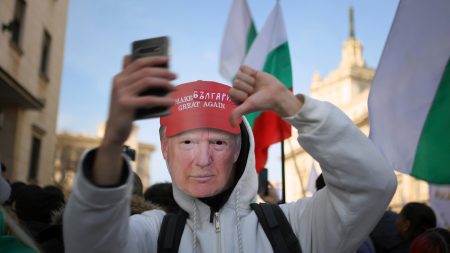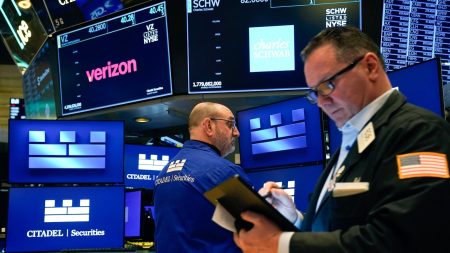Lori Chavez-DeRemer: A Union Ally in a Challenging Administration?
Lori Chavez-DeRemer, a former Republican congresswoman from Oregon, is set to appear before the Senate Committee on Health, Education, Labor & Pensions as her confirmation hearing for Secretary of Labor begins. Union leaders and political observers have described her as a friend of organized labor, citing her strong voting record in support of workers’ rights during her time in Congress. Her backing of the PRO Act, a bill aimed at expanding union organizing and penalizing companies that violate workers’ rights, has particularly resonated with labor advocates. However, as she moves forward in the confirmation process, questions arise about whether she can maintain her pro-labor stance in an administration that has already taken steps to reduce federal spending and slash the federal workforce.
Chavez-DeRemer’s background adds another layer to the discussion. As the daughter of a Teamster member, she has a personal connection to organized labor, which may have influenced her political decisions. Her support for the PRO Act, one of former President Joe Biden’s priorities, further solidifies her reputation as a champion of workers’ rights. Yet, the current administration’s actions, such as freezing federal funding, offering buyouts to federal workers, and laying off probationary employees, raise concerns about the autonomy she will have to advocate for workers if confirmed. With a proposed budget of $13.9 billion for the Department of Labor in fiscal year 2025, her ability to set priorities that benefit workers may be significantly constrained.
The Trump Administration’s Approach to Labor and Governance
The Trump administration’s track record on labor issues has been contentious, with significant cuts to the federal workforce and a push to slash government spending. Billionaire Elon Musk, who leads the Department of Government Efficiency, has called for the elimination of entire agencies, raising fears about the future of the Department of Labor. Advocates for workers’ rights, such as Adam Shah of Jobs with Justice, have expressed skepticism about whether Chavez-DeRemer can uphold her pro-labor reputation in such an environment. "The Department of Labor is supposed to wake up every day thinking about how they can improve the lives of working people," Shah said. "But with the administration’s focus on gutting institutions, it’s unclear how much Chavez-DeRemer will be able to achieve."
The administration’s recent actions further highlight the challenges Chavez-DeRemer may face. In January, Trump fired two Democratic commissioners on the Equal Employment Opportunity Commission (EEOC) and removed the acting chair of the National Labor Relations Board (NLRB), Gwynne Wilcox, the first Black woman to serve on the NLRB. These moves have drawn criticism from worker advocates, who argue that such actions undermine the protections and rights of employees. Wilcox has even sued the administration, claiming that federal law protects her from arbitrary dismissal. These developments suggest that Chavez-DeRemer will have to navigate a complex and contentious environment if she is confirmed.
The Political Landscape and Worker Advocacy
Despite the challenges, Chavez-DeRemer’s nomination has garnered some support from union leaders, who see her as a potential ally in the Trump administration. The International Brotherhood of Teamsters has endorsed her nomination, and some political observers believe she may receive more votes from Senate Democrats compared to other Trump Cabinet nominees. However, her past support for the PRO Act, which business groups have criticized, could make her a harder sell for corporate interests. Organizations like the American Trucking Associations and the International Franchise Association have expressed hope that she will disavow her previous stance on the bill and work to overturn it.
The broader political context also plays a role in Chavez-DeRemer’s nomination. While labor unions have historically aligned with Democrats, Republicans have made inroads with working-class voters in recent years. Trump’s populist appeal, despite his administration’s actions against federal workers, has resonated with some rank-and-file union members. Major unions like the AFL-CIO and the United Auto Workers endorsed Democrat Kamala Harris in the presidential race, but the Teamsters declined to endorse a candidate, with leader Sean O’Brien speaking at the Republican National Convention. This shift in political dynamics could influence how Chavez-DeRemer’s nomination is received by both parties.
The Uncertain Future of Labor Rights Under Chavez-DeRemer
As Chavez-DeRemer’s confirmation hearing approaches, the question remains: How much can she actually do to help workers if the Department of Labor’s funding and authority are curtailed? Emily Twarog, an associate professor at the University of Illinois, highlighted this uncertainty. "With the administration’s efforts to limit or eliminate certain government functions, it’s unclear how much she will be able to do to help workers," Twarog said. The Department of Labor, under Chavez-DeRemer’s leadership, would be responsible for setting priorities that impact wages, unionization efforts, and workplace health and safety. However, the administration’s focus on reducing the size and scope of government could severely limit her ability to advocate for these issues.
The outcome of Chavez-DeRemer’s confirmation process will have significant implications for workers’ rights in the U.S. While her voting record and support for pro-labor legislation suggest that she may be a strong advocate for workers, the broader political and budgetary constraints of the Trump administration could hinder her efforts. As the hearing begins, all eyes will be on whether she can balance her personal beliefs with the administration’s agenda and ultimately deliver on her reputation as a friend of organized labor.
Conclusion: A Test of Loyalty and Leadership
Lori Chavez-DeRemer’s nomination as Secretary of Labor presents a fascinating paradox. On one hand, her background and voting record suggest a deep commitment to workers’ rights, which has earned her support from labor unions. On the other hand, the Trump administration’s track record of cutting federal spending and reducing the federal workforce raises serious questions about her ability to advocate effectively for workers. As her confirmation hearing begins, the nation will watch closely to see whether she can navigate these challenges and uphold her reputation as a champion of organized labor in an administration that seems determined to limit the role of government in protecting workers. The outcome will not only shape her legacy but also have far-reaching consequences for the future of labor rights in the United States.

